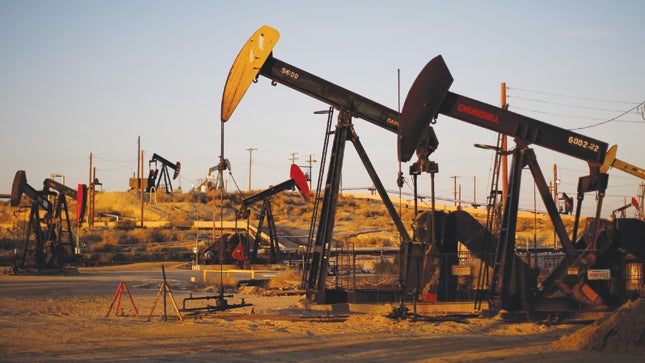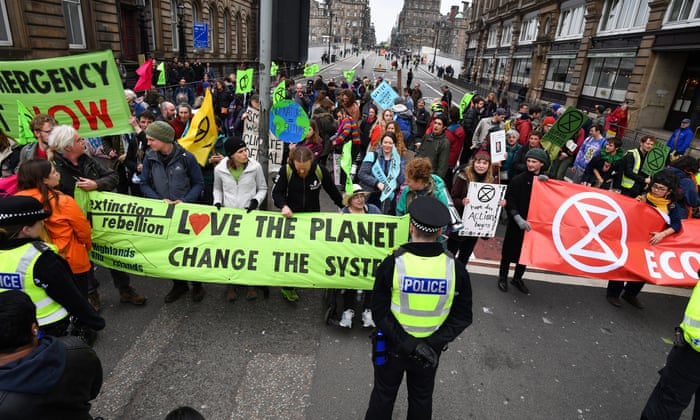Humans have never faced a more universalizing threat to our existence than the effects of climate change; civil disobedience is the answer to this madness.
While the climate warms with every year we are alive, we are left to wonder: what can we do to prevent this human-caused apocalypse from happening?
Most people talk about recycling, going vegan, and using sustainable products to help lower the individual carbon footprints humans leave. The problem with this is that individual people aren’t the main causes of climate change. For example, the ban on plastic straws was a great step to help cut out the amount of waste by getting rid of an unnecessary product people use every day. However, according to a Stanford Woods Institute for the Environment article, plastic straws only account for less than one percent of the waste in the ocean. The article quotes Jim Leape, co-director of the Stanford Center for Ocean Solutions, who said,
“The risk is that banning straws may confer ‘moral license’ – allowing companies and their customers to feel they have done their part. The crucial challenge is to ensure that these bans are just a first step, offering a natural place to start with low-hanging fruit.”
While he is correct that this is a valuable first step, we cannot be satisfied with this step. According to the article, plastics will outweigh fish in the oceans by 2050 if we continue our current trends of waste.
While our wasteful nature as humans should definitely be factored into how we should approach fighting climate change, the biggest thing that we should concentrate on in the climate change debate is our carbon emissions.
Carbon Dioxide is a gas that traps heat and is reradiated from Earth’s surface into our own atmosphere. This process is commonly known as the greenhouse effect and is crucial to Earth’s survival as it helps balance our temperature to an optimal level. However, like everything in life, moderation is key. When there is too much carbon in the atmosphere, more heat is absorbed from Earth’s reradiated heat and the planet warms.
Now, according to a LA Times article, there are approximately 253 million cars on the road in the United States in 2014. At the same time the Environmental Protection Agency (EPA) estimates the average car produces 4.6 metric tons of CO2 emissions every year. If you do the math it comes out to about a number slightly bigger than 1 billion metric tons of CO2 produced every year by American drivers. While this number is very staggering to look at, it pales in comparison to the 480 billion tons of CO2 that has been put into the air since 1965 from 20 of the top fossil fuel companies. This is the equivalent of 35 percent of all energy-related carbon dioxide emissions in the last 54 years. While American drivers are responsible for a large chunk of carbon emissions, these fossil fuel companies take the cake for who are biggest emitters overall.

This is where civil disobedience comes into play.
According to Joseph R. Desjardins in, Environmental Ethics An Introduction to Environmental Philosophy,
“Civil Disobedience is the intentional refusal to obey a law on moral grounds as means of protesting or thwarting government policy. As a form of protest, civil disobedience often but not always protests the very law that one disobeys.”
In this case, people shouldn’t protest because of a certain law that hinders progress; rather, protests should be about the lack of laws regarding carbon emission.
Last month a group of scientists at a protest in England stated that they endorse civil disobedience in an attempt to make governments take action against climate change because not doing so would result in “incalculable human suffering.” The 400 scientists that were in attendance at this protest have aligned themselves with a group called Extinction Rebellion, a British Civil Disobedience group. After this protest, nearly 3000 people across the world were arrested for doing peaceful protests later that day.

In the end, major action needs to take place in order for our world to hopefully reverse the effects of climate change. While focusing on your own carbon footprint is a great way to start lowering emissions, we know who is really behind this ecological disaster. Mass protests and civil disobedience may be the only way to save the planet from becoming unlivable to most species on Earth, including our own.
